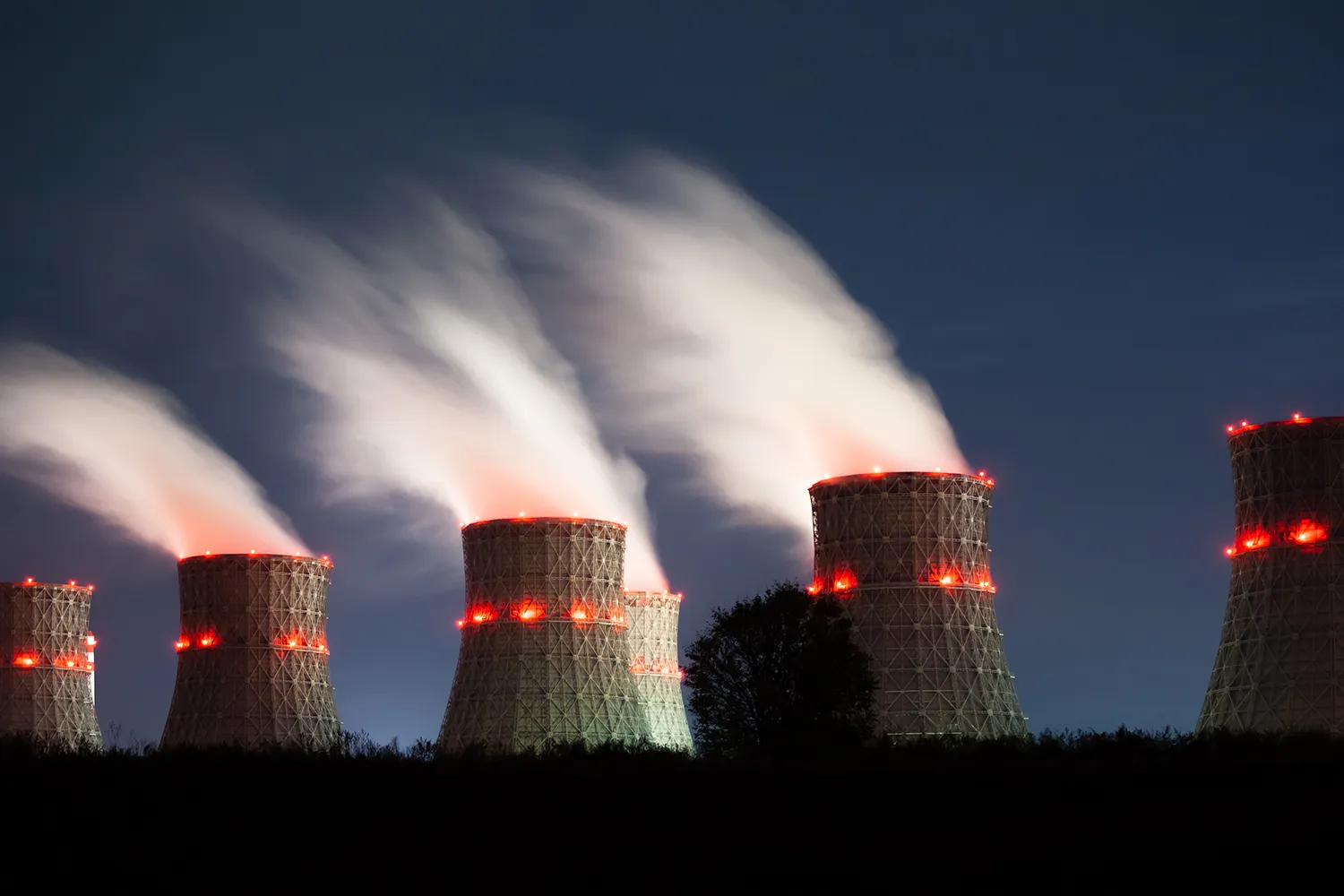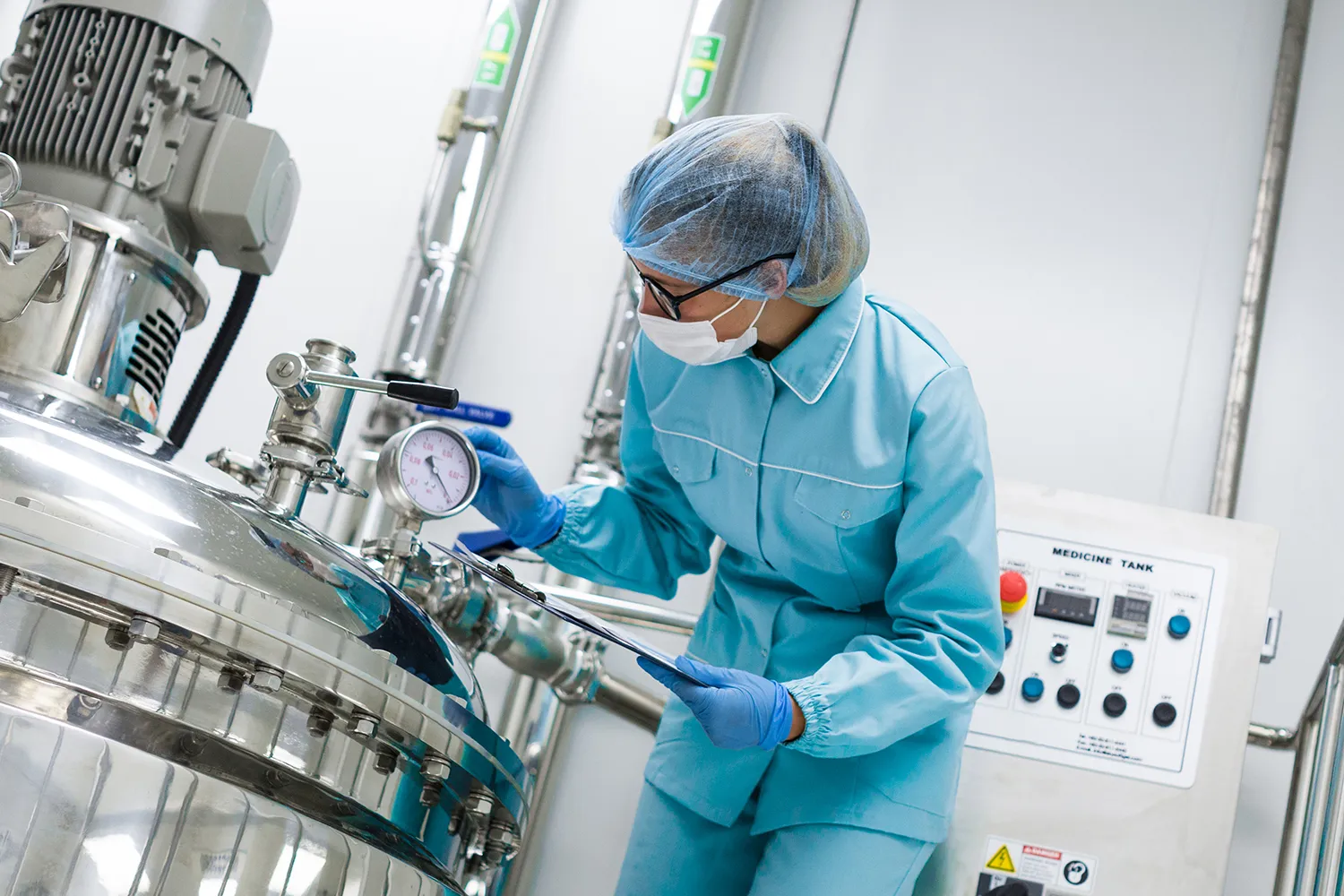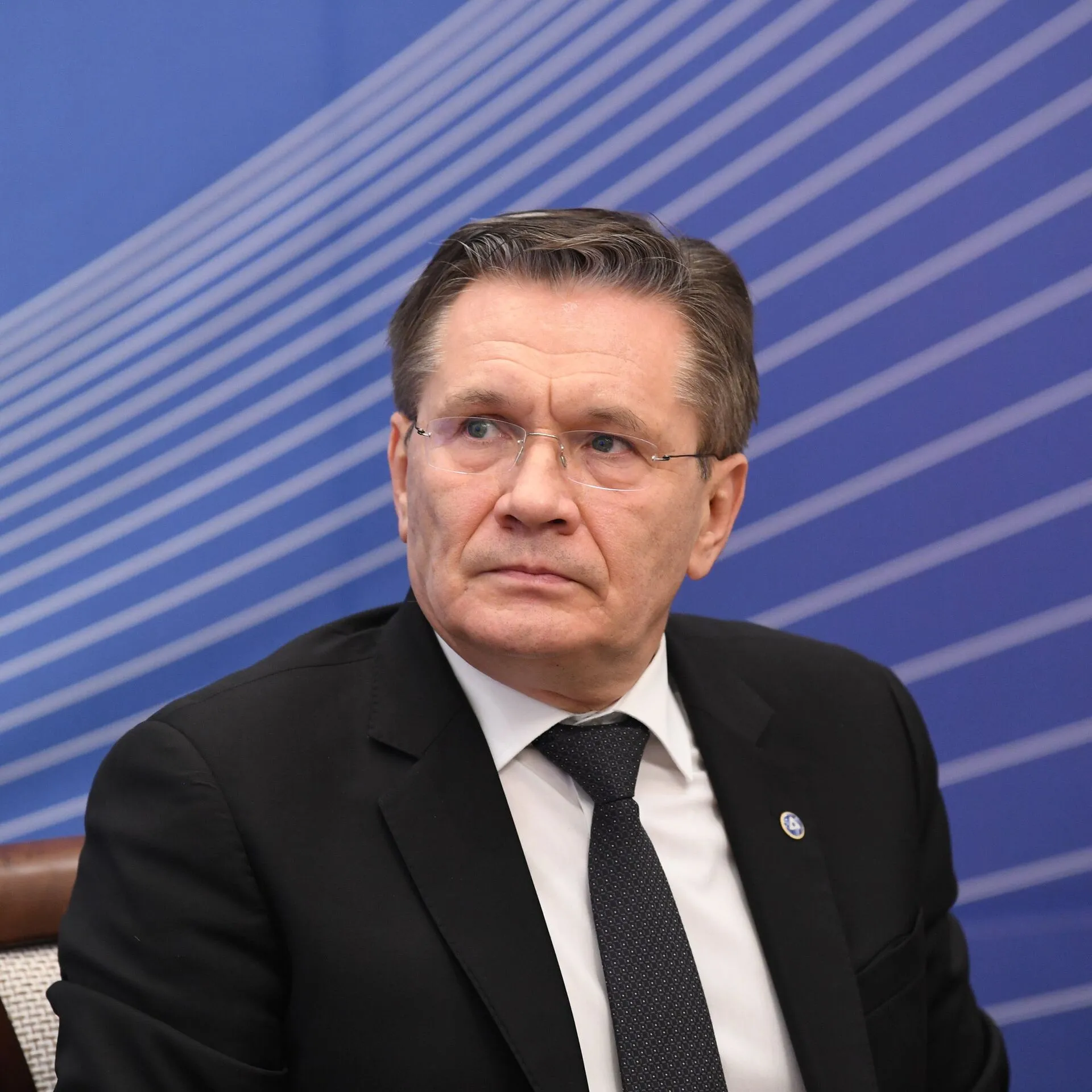Quantum Inspiration: Rosatom’s Breakthrough

Russia’s state atomic corporation, Rosatom, has achieved a significant milestone by applying quantum computing to optimize the production and supply chain of nuclear fuel under the 'Proryv' (Breakthrough) project. This breakthrough reduces calculation time from hours to minutes, further establishing Russia’s leadership in quantum technologies
New Milestones
In 2024, Rosatom successfully launched its first pilot project using quantum computing in the nuclear industry. As part of the national 'Proryv' initiative, a test case was solved involving long-term optimization of nuclear fuel production and supply, using quantum-inspired algorithms. The result: processing times were reduced from several hours to just minutes, enhancing logistics and production capacity planning.
This pilot is among 17 initiatives launched in 2024, with four already employing quantum algorithms. The project represents a crucial step towards Russia’s technological sovereignty and offers a real-world example of applying quantum technology to industry. The achievement underscores Russia’s growing competitiveness in the global quantum race by delivering tangible benefits to nuclear energy.

Expanding the Frontier
The success of this initial deployment opens the door to broader applications. Scaling these algorithms could lead to software exports for nuclear logistics and plant operations, particularly to Asia, Africa, and Latin America, where nuclear programs are gaining momentum. Solutions such as fuel cycle optimization and digital twins could become highly attractive in global markets.
Domestically, the technologies will increase efficiency in both engineering and energy sectors and streamline the construction of next-generation nuclear plants by reducing costs and risks. The project is also catalyzing academic growth: institutions such as MEPhI are already training specialists in quantum technologies. Major investments support Russia’s target of reaching 75 qubits by 2025, boosting its global competitiveness.

Among the Global Leaders
Over the past five years, Russia has made notable progress in quantum computing. Rosatom’s quantum roadmap, unveiled in 2020, outlined a path toward industrial-grade processors. By 2023, prototypes of 16- and 20-qubit systems had been developed, followed by a 50-qubit ion-based quantum computer in 2024, with Rosatom’s active involvement.
Russia now joins a select group of six nations with ≥50-qubit capabilities, outpacing several Western efforts. Unlike the US and EU, where quantum R&D is often led by universities and startups, Russia focuses on industrial applications—particularly in nuclear energy. The Proryv project illustrates this shift from prototype research to solving practical, high-impact tasks.

Outlook and Global Potential
Using quantum algorithms to optimize the nuclear fuel cycle marks a transition from theoretical models to industrial deployment—solidifying Russia’s position in nuclear innovation. By 2026, Rosatom expects quantum tools to be integrated into routine production processes, and by 2030, they could become a standard within nuclear power operations.
These technologies also have strong export potential. Software adaptations for international markets could attract interest from nuclear-developing countries. However, global scientific cooperation, expanded investment in scalable quantum hardware, and workforce development will be essential for sustained success.










































